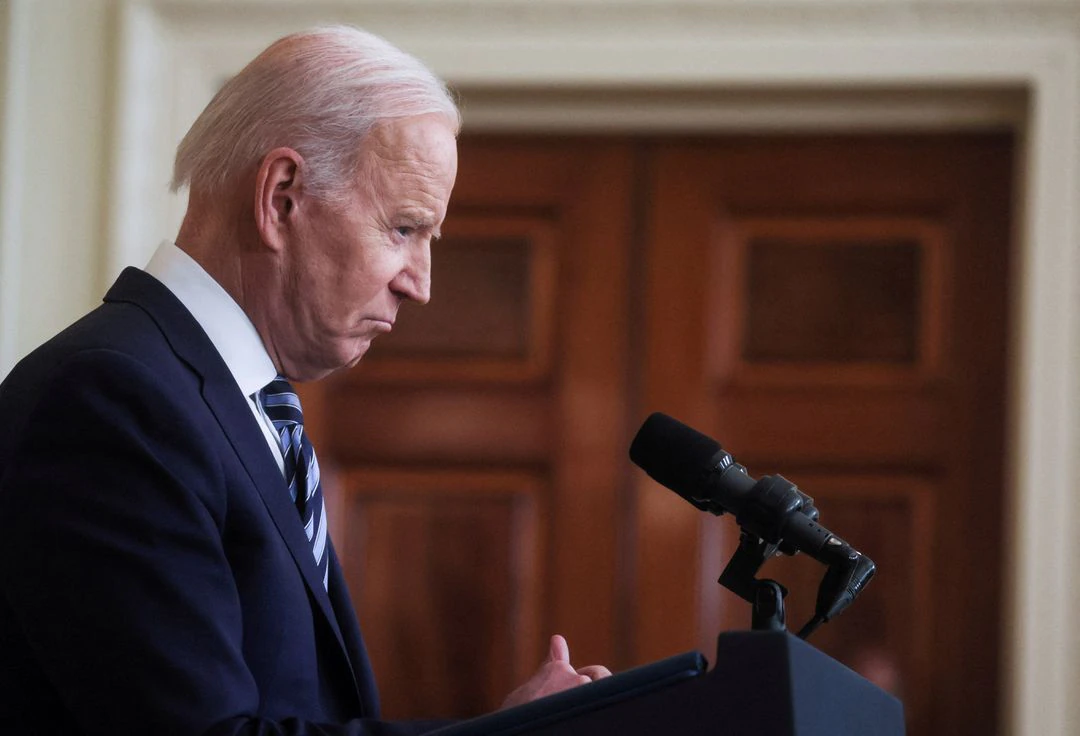UK Allows Limited New Oil and Gas Output While Keeping Existing Tax Regime
London – The UK government has confirmed that it will permit new oil and gas production only when it is directly linked to existing fields, creating a limited pathway for future extraction while staying firm on its decision not to issue entirely new licences.
The announcement reflects a cautious balancing act between ensuring energy security and staying aligned with long-term climate commitments, at a time when pressure from both industry and environmental groups continues to intensify.
Officials stated that any new activity must occur on or near operational sites and must meet specific conditions designed to maintain environmental oversight, prevent unnecessary expansion and ensure the continued use of existing infrastructure.
By allowing only incremental additions rather than authorising fresh standalone projects, the government aims to reassure stakeholders that it is not deviating from its broader transition strategy while still keeping the domestic energy supply stable.
The decision comes as oil and gas producers had been lobbying for a more generous approach to licencing, arguing that increased flexibility would support investment and maintain the viability of the North Sea sector.
However, the government reiterated that its current pathway is designed to provide certainty and avoid major policy shifts that could disrupt investor expectations or long-term climate planning.
Industry groups had hoped for expanded exploration rights, warning that limited approvals could reduce competitiveness and accelerate declines in production.
Alongside the announcement on approvals, the government confirmed that it would retain the existing tax framework for the sector, which includes a windfall tax of 38% applied in addition to other levies, resulting in a combined tax rate of 78%.
Many companies had expected potential tax relief or adjustments to encourage new investment, particularly as global demand patterns evolve and operational costs rise.
\ Instead, the government insisted that the current structure remains appropriate, especially given the profits earned during periods of high energy prices.
Producers have argued that the heavy tax burden reduces incentives to maintain operations or reinvest in the region, and some warned that the lack of fiscal change could lead to reduced activity or accelerated decommissioning.
Others contend that stable taxation provides clarity, noting that frequent changes would only add risk to an already challenging sector.
The government has maintained that the windfall tax is temporary and linked to market conditions but has made no commitment to altering it in the near future.
Environmental organisations responded cautiously to the developments, acknowledging the restriction on new licences while emphasising that any further production runs counter to climate targets.
They argue that long-term emission reductions require a quicker transition away from fossil fuels, even if extraction is limited to existing fields.
Climate advocates stressed that policies should prioritise renewable investment and efficiency improvements to avoid locking in continued dependence on oil and gas infrastructure.
Supporters of the decision said the approach offers a realistic balance between environmental responsibility and the necessity of maintaining reliable domestic energy supplies.
They highlighted that restricting new approvals to extensions of existing fields minimises disruption while still providing operational certainty for facilities that play a role in meeting current demand.
Analysts noted that the UK must manage its declining production carefully, ensuring it avoids over-reliance on imported fuels during the energy transition.
The government framed its stance as a pragmatic middle ground, recognising that the transition to cleaner energy will take time and must include safeguards against supply shocks.
By allowing controlled additions to existing fields while withholding new licences, it aims to preserve energy stability without undermining progress toward climate goals.
Officials emphasised that ongoing review processes will monitor environmental and market conditions to ensure policies remain aligned with national objectives.



